Content from the Brookings Institution India Center is now archived. After seven years of an impactful partnership, as of September 11, 2020, Brookings India is now the Centre for Social and Economic Progress, an independent public policy institution based in India.
This article featured in The Economic Times, 29th October 2015.
With over 40 African heads of governments and states attending, the third India-Africa Forum Summ (IAFS) being held in New Delhi is the biggest foreign policy event hosted by India in more than three decades. While this process was partly in response to initiatives by other emerging powers, particularly the Forum on China-Africa Cooperation launched in 2000, it was also a belated recognition that Africa was becoming an indispensable continent for India’s future; one that New Delhi can ignore at its own detriment.
Today India and Africa matter to each other in at least four ways: First is the common historical experience of colonization and decolonization. Derived from that is the normative notion and principle of independent, sovereign states J committed at least in theory to the liberal peace paradigm. This was evident in the historic soft power approach that promoted sovereignty, independence and support for the liberal model of development.
In recent times India has sought to reinforce its soft power approach in Africa through the two million strong Indian diaspora on the continent. However, having settled in Africa for generations, Indian diaspora relate more to their ‘African’ identity than their ‘Indian’ identity. This is bound to complicate Indian efforts to propagate diaspora diplomacy in Africa. Second, following India’s economic liberalization from 1991 onwards, Africa has emerged and is likely to remain crucial for natural resources and developing markets. This is evident in the increasing trade, which in the past five years has grown six-fold to nearly $70 billion. India is now Africa’s fourth largest trading partner, though raw materials make up over 80 per cent of Africa’s exports to India. This increase in India-Africa trade has also been a principal driver behind India’s evolving concept of development partnership cooperation and is the key approach for engagement with Africa since 2003.
Third, Africa remains vital for India’s emergence as a global actor in the international institutional arena. Both India and Africa are keen to reform the existing global governance structures, especially the UN Security Council (UNSC), and shape the emerging global regimes particularly those related to food, energy, climate, water, cyber and space. However, there are two challenges: first, neither India nor African nations have the capacity to shape these regimes on their own; they will have to work together. Second, on many issues, such as climate change, UNSC reform and UN peacekeeping, there are significant differences.
In case of UNSC reforms, for instance, the Ezulwini consensus adopted by African nations at the prodding of China effectively preserves the status quo and benefits only the existing five permanent members of the UNSC rather than either India or Africa’s interests.
Similarly, while India considers its peacekeeping role particularly in Africa, as a singular contribution to the continent and the UN, not all African nations have a similar positive outlook. In some instance due to alleged sexual and financial misconduct by Indian peacekeepers, India has not been successful in converting its UN peacekeepin efforts into political support for reform of the UNSC. Thus, it is imperative for India and Africa to have a sustained dialogue beyond the “gold versus blood“ debate that has stymied UN peacekeeping.
Finally, there are security threats emerging from Africa that not only impact the African nations but also have a strong bearing on India. Terrorism and organized crime (including piracy) are of increasing concern to India and Africa. These four areas of common interest notwithstanding, the prospects and pace of closer cooperation is likely to be stymied by the lack of capacity on both sides, particularly at the official level, to sustain bold foreign policy initiatives. For instance over two dozen Indian embassies in Africa are without Ambassadors or High Commissioners. While political initiatives by strong leaders make for good headlines, their implementation is dependent on the ability of official institutions to sustain them.
Consequently, although the IAFS process is crucial to sustain the complex and multifaceted India-Africa relationship, this process alone may not be enough to strengthen the burgeoning relationship. That may require multiple and more frequent processes of engagement involving not only government to government interaction but also the private sector, state governments as well as civil society.
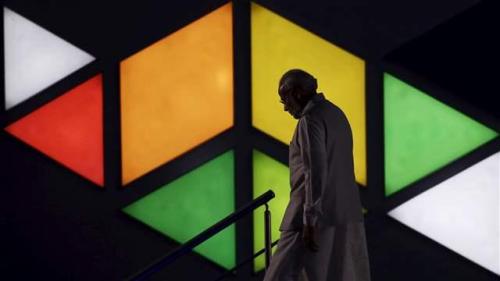
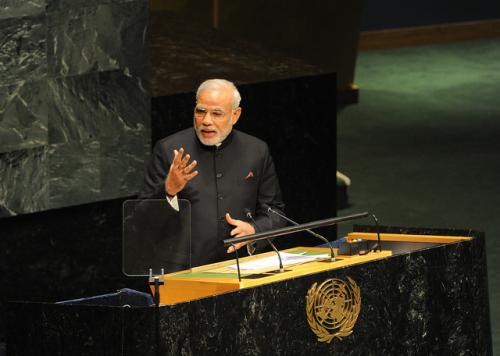
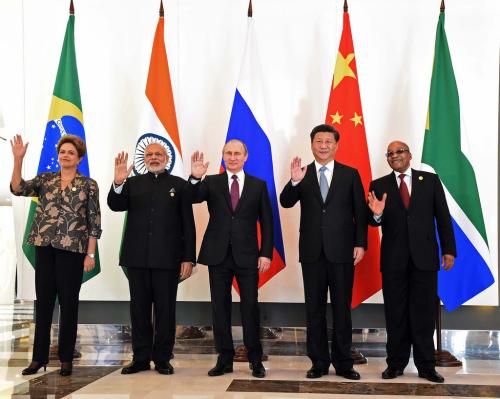
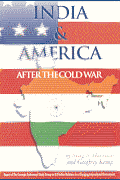
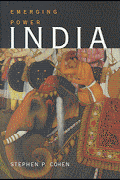
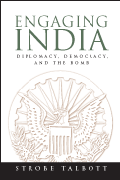


Commentary
Op-edPrivate sector, state government, civil society can take India-Africa engagement further
October 29, 2015